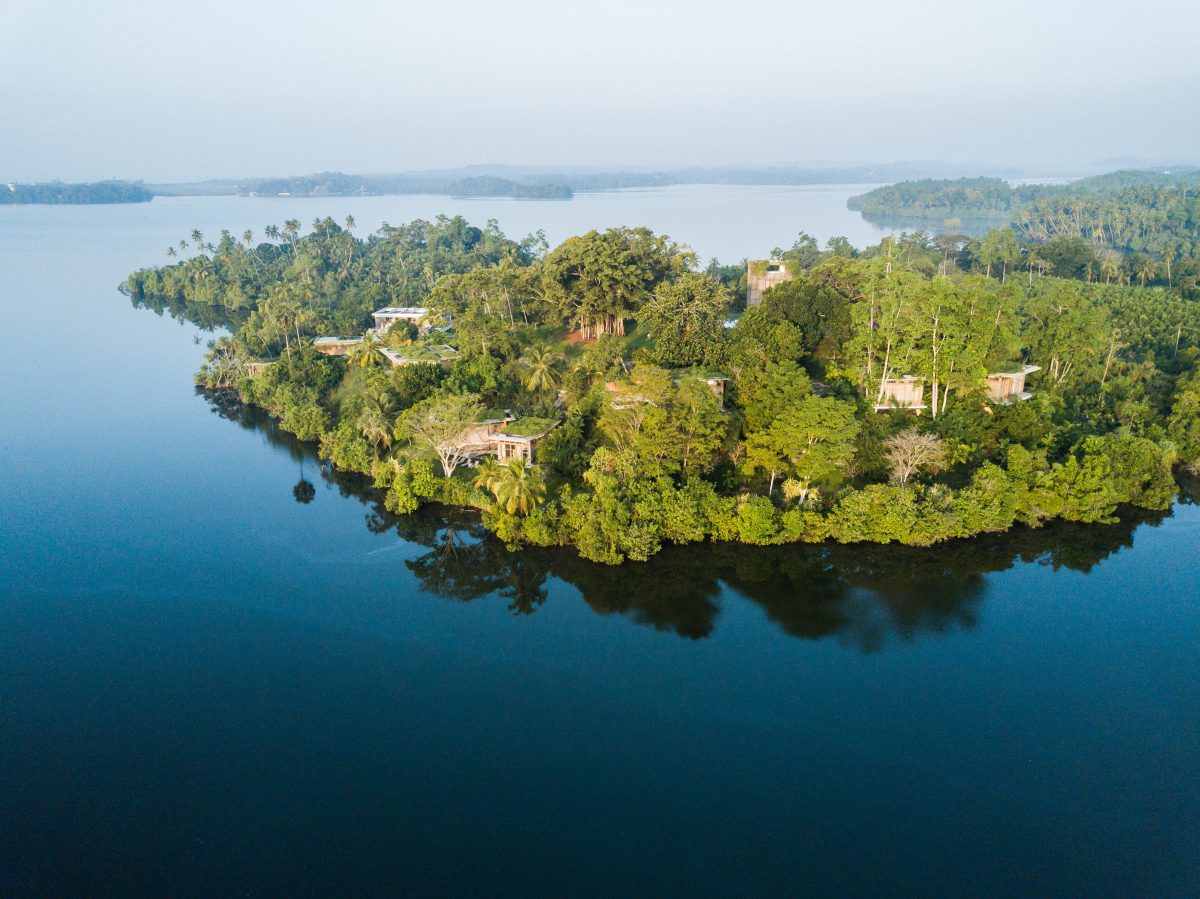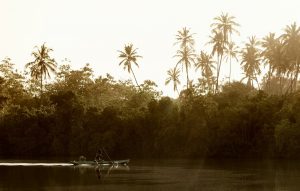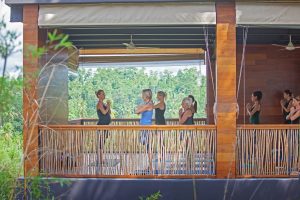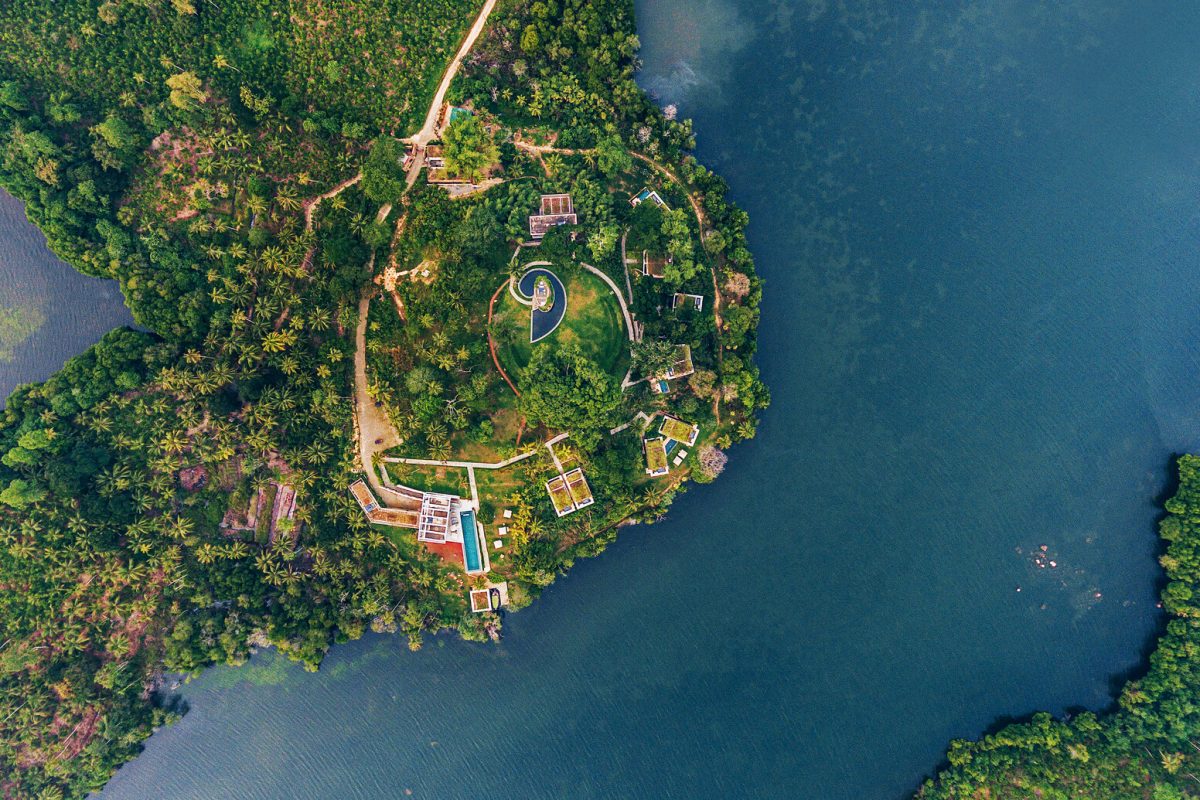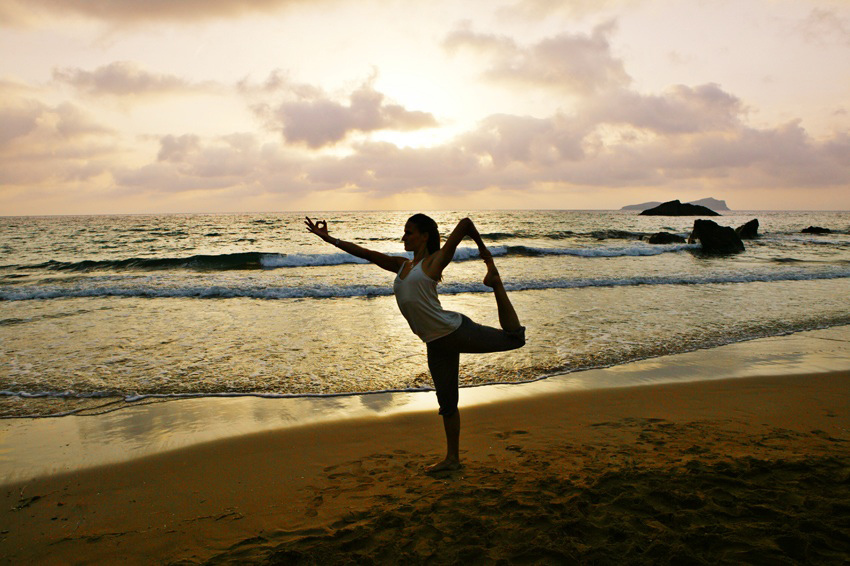Ayurveda — the ancient practice of cultivating true wellness through balance — has a long history in Sri Lanka. Tri’s co-founder Lara grew up in India, and Ayurveda has been part of her life ever since — even informing the process of personal practice optimization through Quantum Yoga.
We have spoken to Lara to get the low-down on Ayurveda, and how we can incorporate Ayurvedic principles into our everyday lives…
“Ayurveda is based on the idea of inner balance; realizing that everyone has different needs, and therefore there is no one-size-fits-all approach to health. A person’s prakriti or nature is defined by the inner distribution of the three doshas, or body-mind constitutions. One’s prakriti informs every aspect of our being, from skin type to activity levels and response to times of stress. In order to be free from dis-ease, healthy and happy, one needs to live in harmony with one’s nature.

Slim, with dry skin, variable appetite and thirst, creative tendencies, a love of activity, good short-term memory, fast speech, brittle nails and a speedy pulse? That would reflect vata dosha dominance. Athletic build, with a love of cooler climates and spicy food, fast metabolism, competitive nature, passionate with a need to exercise for emotional balance? Sounds like a high pitta dosha. Tendency to hold weight, oily skin, dislikes humidity, loves heavy food, easy-going attitude and great at retaining memories? Here kapha dosha is dominant.
As humans, we are drawn to the things that reinforce our nature, but this results in greater imbalance and disharmony. Therefore, Ayurveda teaches us to moderate these desires and strive towards balance. I have a pitta-dominant nature, meaning I am fiery, active, athletic, forceful and at times hot-headed, and typically I enjoy coffee, spicy foods, passionate artistic expression and challenging workouts. However, I understand that I would find greater harmony through cooling, soothing and balancing my pitta nature.

This knowledge inspired the creation of Quantum Yoga: an awareness that our yoga practice can either exacerbate or balance our prakriti. We use Ayurveda to assess each practitioner’s prakriti (personal dosha distribution) before offering sequences tailored not only to their ability level, but also their inner nature. Vata-regulation emphasises grounding, strengthening and stabilizing; pitta-regulation hones a more soothing, cooling and balancing approach; kapha-regulation energises, invigorates and stimulates.
We have also carried this over to inform many aspects of life at Tri, from our delicious Ayurvedic juices and smoothies at breakfast, to recommended activities and excursions, and choice of spa treatments and massage oil blends.
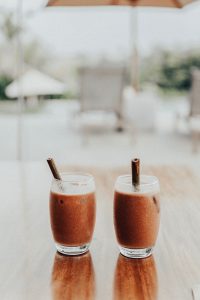
We help our guests to find true inner balance — whether that means yoga and healing therapies, or boat rides and beetroot martinis at sunset — so they can return home feeling healthy, happy and inspired.”

